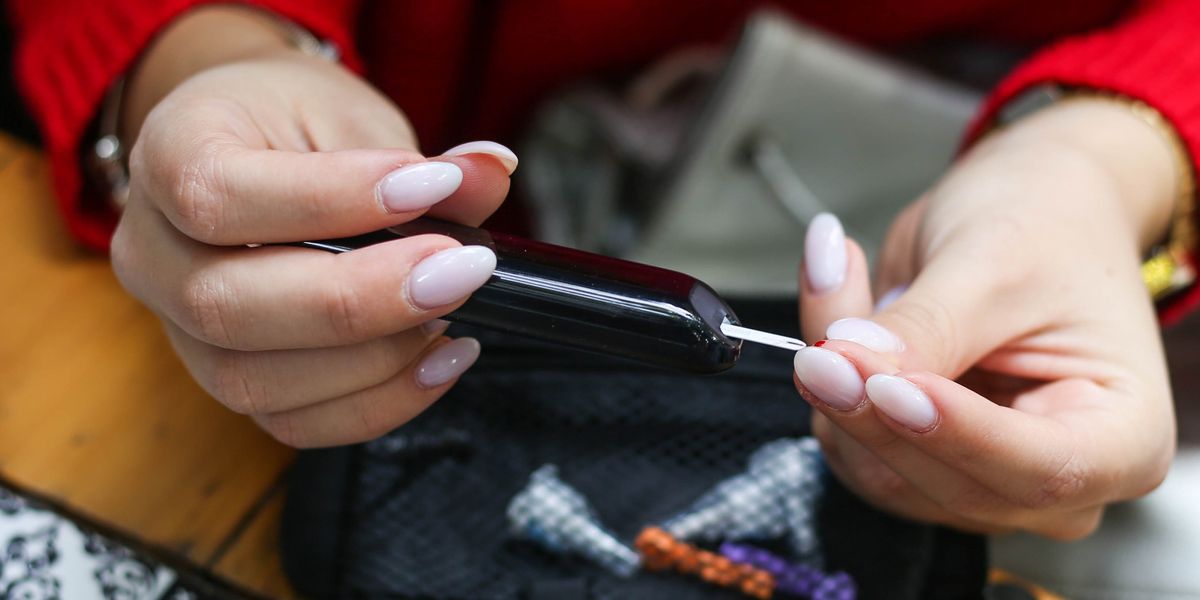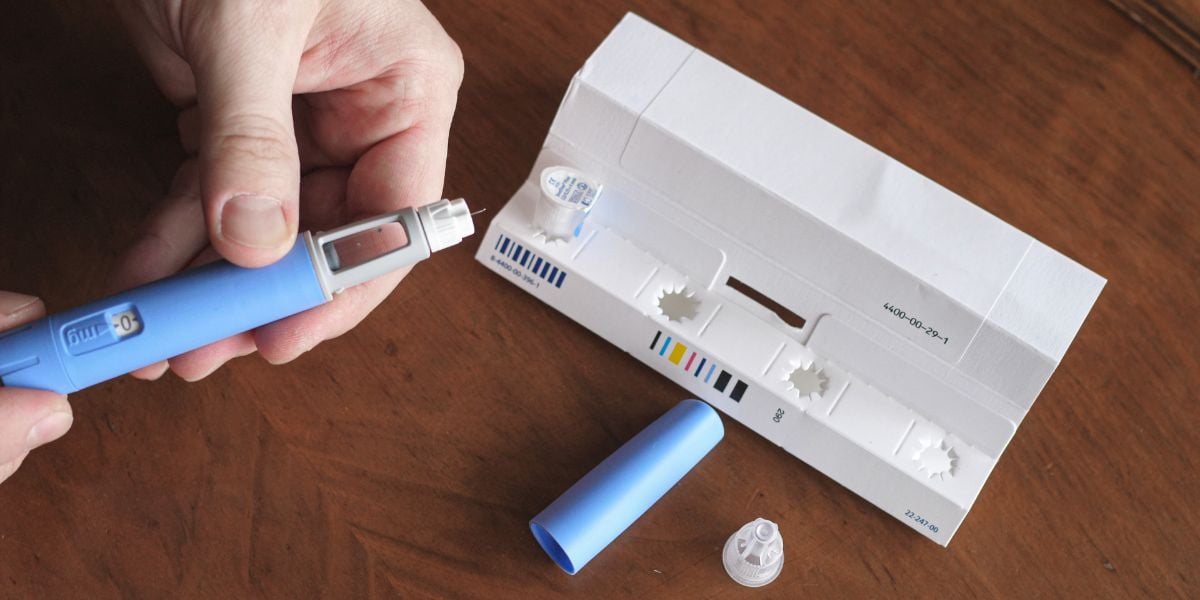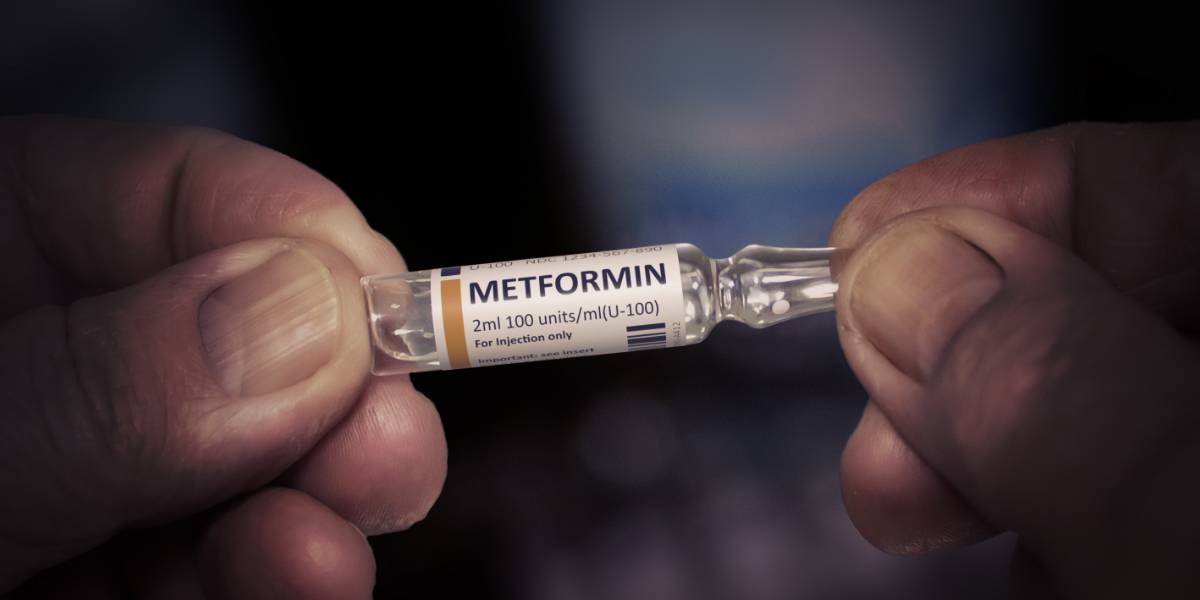Lantus is an analogue insulin produced by Sanofi-Aventis with the medical name insulin glargine. Lantus has been available for pharmaceutical use since the year 2000.
Lantus hit the news in June 2009 over concerns that it may lead to the formation of cancer.
However, the European Medicines Agency (EMEA) found the evidence suggesting the link to be inconclusive and cleared the drug for further use.
What is Lantus?
Lantus is an ultralente (long acting) analogue insulin The medical name for Lantus, insulin glargine, is taken from how the DNA of human insulin is modified to form the analogue.
In glargine’s case, glycine and two arginines are part of the genetic recombination that helps to produce the insulin.
Who is Lantus prescribed to?
Lantus can be prescribed for all types of diabetes. However, it is most commonly prescribed to people with type 1 diabetes
Lantus may be prescribed to people with type 2 diabetes for whom oral hypoglycemic agents have not shown to be sufficiently effective.
How do I take Lantus?
Lantus is injected, usually once daily at the same time each day. Like all insulins, Lantus should be injected subcutaneously (into the fatty tissue underneath the skin). The specific mode of action of Lantus means that it should never be diluted or mixed with any other insulin before injecting.
Benefits of Lantus
The mode of action of Lantus allows for a peakless profile. Lantus has become a popularly prescribed insulin as its consistent activity can help to reduce nocturnal hypoglycaemia
Side effects of Lantus
Being an insulin, hypoglycemia can be a relatively common side effect of using Lantus, if dosages are too strong Other side effects include allergic reactions and swelling, itching or pain at the injection site.
Lantus and cancer link
In June 2009 the results of studies taken from four different regions (Germany, Scotland, Sweden and the UK) revealed a possible link between the use of glargine and the development of cancer.
There appeared to be evidence that the risk of cancer increased with higher dosages of Lantus.
The European Medicines Agency (EMEA) reviewed the studies but could neither confirm or deny that a link had been found, citing that the studies were inconsistent and the data in the studies should not lead to concern in those taking the insulin.
The EMEA therefore cleared Lantus for further use until more conclusive evidence could be found to support the link.









